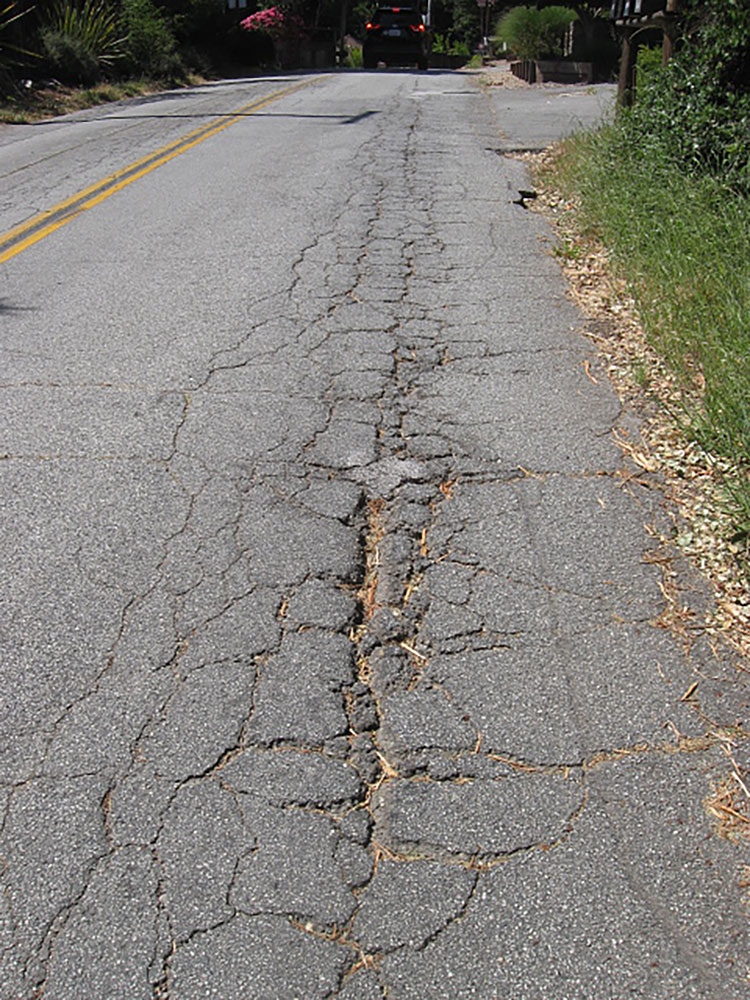By Jondi Gumz
On Sept. 18 when the Second District supervisor candidates spoke to the Aptos Chamber of Commerce, it was clear that Aptos Times coverage of road conditions in the unincorporated areas — deemed “deplorable” by the Santa Cruz County Grand Jury in June — is getting their attention. The election is Nov. 5.
Each candidate picked one question at random and answered it.
No one got a rebuttal.
Capitola Mayor Kristen Brown went first:
She was asked: Given that FEMA has suspended reimbursements for roads repairs in disasters, how would she prioritize road repair dollars for the Second District?
She said she would use a red-yellow-green system to identify which roads are really bad, which are getting bad and which are fine.
Then she would prioritize access roads and roads that haven’t gotten funded in the past.
Kim De Serpa, a Pajaro Valley Unified School District trustee, was asked: What is the single most important issue?
“Roads,” she said. “We’ve got to fix them.”
Brown, 37, who has been elected twice to the Capitola City Council and has a master’s degree in public administration, is vice president at Silicon Valley Leadership Group, an organization representing companies working to shape the innovation economy.
De Serpa, 57, was elected to the school board in Pajaro Valley — the county’s largest — in 2010. She has twice served as board president. She lived 20 years on Trout Gulch Road in Aptos, a road Aptos Times readers described as woeful.
Each candidate described her qualifications.
Despite her relative youth, Brown’s resume is packed with experience in government. She was invited to Washington, D.C., for a summit of leaders to develop best practices.
“I serve on 16 boards and commissions,” she said. “I love the work.”
De Serpa, a social worker with a master’s degree, said she focuses on “solving really big problems for average people.”
De Serpa took credit for bringing back Michelle Rodriguez as superintendent after she was fired.
In her pitch for votes, De Serpa contended that Brown, as a member of the Regional Transportation Commission, had voted to put $34 million in unexpected state funds into the Santa Cruz Metro bus service, slighting roads.
Afterward Brown said the state had earmarked the money for transit capital facilities and operations, which is why she voted to put the money into Metro.
It couldn’t be spent on road repairs, she said, and she emailed the December agenda staff report to prove her point.
It appears road repairs priority needs to be made at the state level.
There’s been no pushback from locals.
Perhaps if there were legislation allowing counties with 50% of the roads in failed or poor condition, or counties owed money by FEMA for road repairs to opt money out of transit and into road repairs, that would allow local elected leaders to set local priorities.
I understand state elected leaders have priorities for their concerns — but when a county like ours is hit by a series of disasters and the federal government can’t help, there should be a way for local problems to take priority.

